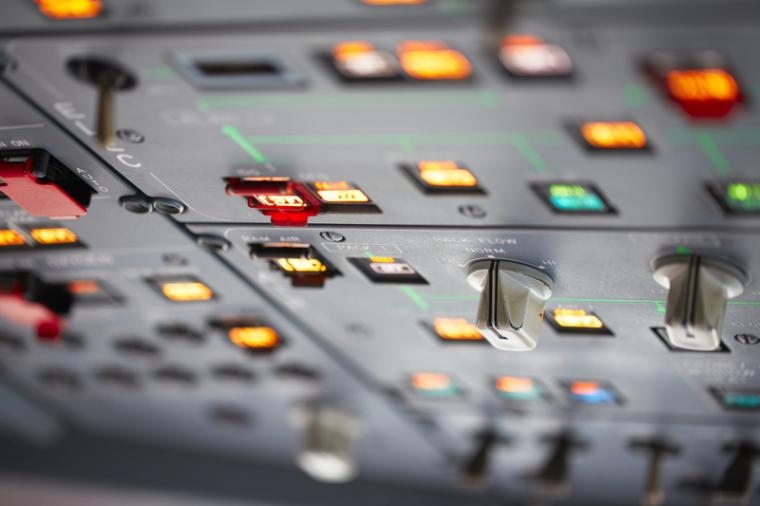
The space environment is rapidly emerging as a vital platform for scientific discovery and biomedical advancement. As space becomes more accessible, pharmaceutical and biotech companies are focusing on low-Earth orbit to explore new opportunities in drug development and disease modelling and therapeutic design, according to GlobalData, a leading data and analytics company.
Microgravity affects biological and chemical processes in ways that cannot be replicated on earth. In this environment, cells and tissues grow differently, revealing insights into human health and disease progression. The International Space Station (ISS) has conducted experiments demonstrating that protein crystals grown in space are more uniform and stable, enabling the creation of more effective and targeted therapies.
Gaffar Aga, Strategic Intelligence Analyst at GlobalData, comments: “Microgravity provides a novel insight into how biology truly operates. Without the interference of gravity, researchers can study cellular behavior in its purest form, uncovering new pathways for drug discovery and innovation.”
Space-based research has also enabled breakthroughs in 3D bio-printing, where human tissues are printed in microgravity to create structures that cannot be formed on Earth. Such developments could potentially lead to organ printing for transplantation and regenerative therapies. Additionally, studies in protein crystallization and nanomaterial formation have the potential to improve drug formulations to ultimately improve patient outcomes.
George El-Helou, Strategic Intelligence Analyst at GlobalData, comments: “As commercial access expands, space is becoming a laboratory for innovation. This offers the pharmaceutical industry an opportunity to design products and treatments that were once unheard of.”
Researchers are also leveraging the rapid aging effects seen in microgravity to accelerate biomedical research. Cells and tissues age faster in space, allowing scientists to study degenerative conditions as well as test anti-aging treatments in shorter time-periods than required on Earth.
With the ongoing collaboration between agencies such as NASA, the UK Space Agency, and private biotech firms, space is quickly becoming a promising means of developing novel therapeutics within the pharmaceutical industry.
Aga and El-Helou conclude: “As populations live longer, the need for faster and more effective therapies is critical. Space-based manufacturing and research will be key to develop the next-generation healthcare solutions.”

There are no comments
Please login to post comments